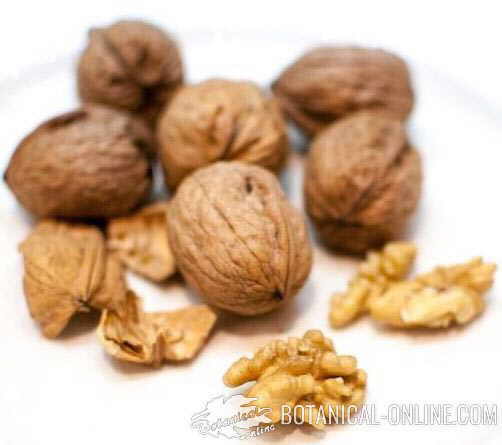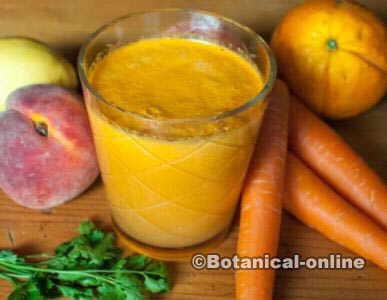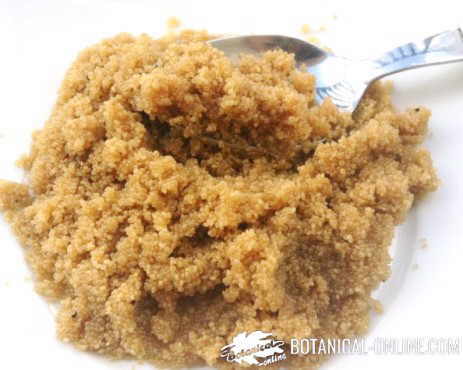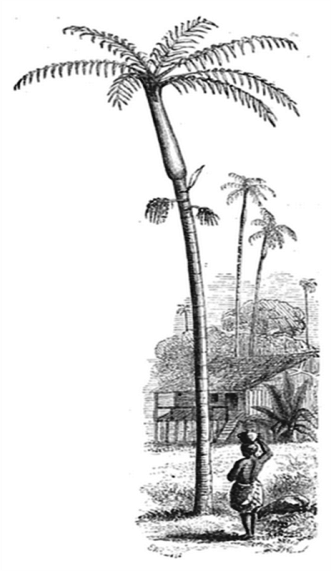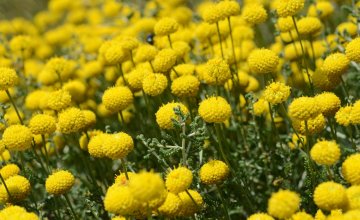Contents
- 1 DIET FOR DEPRESSION
- 1.1 Nutrition and depression
- 1.2 Foods for depression
- 1.3 Cobalamin and depression
- 1.4 Garlic anti depressive
- 1.5 Carbohydrates for depression
- 1.6 Fatty acids Omega-3 for depression
- 1.7 Other less important plant sources are:
- 1.8 Omega 3 Supplements
- 1.9 Coffee and depression
- 1.10 Alcohol and depression
- 1.11 Capsaicin and depression
DIET FOR DEPRESSION
Nutrition and depression
Proper nutrition can help fight symptoms of depression or prevent this disease. Proper foods can help to restore some neurotransmitters which are responsible to establish the proper communication among nervous cells.
Low levels of neurotransmitters, such as serotonin or norepinephrine, have been proved to be related with depressive symptoms.
Foods for depression
Among the most valuable antidepressant components of food, we can mention the following:
- Ascorbic acid (vitamin C) Vitamin C has been proved to be very useful for depression, especially for bipolar depression. On the other hand this vitamin can reduce the levels of vanadium, a mineral that has been found guilty for bipolar depression.
Among the major foods containing this vitamin we would include: citrus fruits (lemons, oranges and grapefruits), vegetables such as borage, garlic, onions, soft fruits such as strawberries, pineapples, papayas and cashews or nuts such as walnuts or almonds.
- Vitamin B for depression: Folacin, pyridoxine and cobalamin. Folacin or folic acid (Vitamin B9) is one of the best component to treat depression, since it increases serotonin levels.
Foods rich in this component are: spinachs, cashews, asparagus, oats, cabbage, peppers, oranges, carrots, lettuce, tomatoes, apples, pears, almonds, potatoes,, etc. Other vitamins of the same group which have been considered very useful are Pyridoxine (Vitamin B6) and cobalamin (Vitamin B12)
Cobalamin and depression
Cobalamin is very important for the nervous system. Cobalamin (Vitamin B12) can be obtained from following sources:
– Foods from animal origin: One of the richest foods are clams. (Every gram of this seafood contains almost 1 mcg (microgram) of cobalamin. The liver, brain or kidneys are the richest food after clams (85 g. of beef liver contains 68 mcg of vitamin B12. The same amount is in liver chicken) Some fish, like tuna, sardines, are rich enough. Other foods with lower amounts are meat, eggs, milk and its derivatives. Normally, a not vegan diet provides the amount needed not be deficient in this vitamin.
- Plant foods: Plant doesn’t foods contain very low amounts of this vitamin. Very strict vegans (those who do not eat eggs or drink milk) should take supplements of cobalamin. (Multivitamins contain the amount needed for a strict vegetarian should not eat any extra amount)
Lately, you can find plant products (fortified cereals) enriched with this vitamin that can help prevent a deficit. Other products such as soybean, wheat germ, brewer’s yeast, algae and mushrooms do not contain the necessary amount, especially for the elderly, children and growing people.
- Supplements of vitamin B12: The intake of vitamin B12 supplements may be needed in special circumstances where the diet may not meet individual needs. In this sense, it is recommended a daily intake of 100 to 400 mcg. (You can find this supplement in Pharmacies or health food stores. Take it according to the conditions of the patient information leaflet)
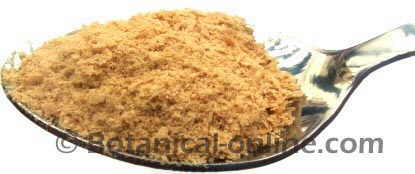
- Tryptophan: This amino acid is considered the best natural relaxant. It is the precursor of serotonin, a neurotransmitter. Some foods that contain this component are: Garlic, onion, cashews, oats, cabbage, pumpkin, chestnuts, citrus in general, tomatoes, figs, beans, mango, etc. For non vegetarian people, this component is included in other foods, such as fish, chicken and turkey.
You can also take tryptophan supplements. It can be bought in pharmacies or health shops. (The usual dose is about 100 to 400 mg daily. Take it according to the patient information leaflet)
- Phenylalanine: It is another amino acid that helps against depression because it contributes to the production of norepinephrine a neurotransmitter. This component can be found in high-protein foods, such as milk or milk derivatives, eggs and legumes (lentils, chickpeas, beans, soybeans, peas,, etc.) Non-veg people can eat meat, fish, eggs, etc.
- Calcium: calcium-rich foods are vegetables such as garlic, onions, cabbage, fruits such as chestnuts, walnuts, coconuts, figs, apples, mangoes, bananas, avocados, almonds,
Other mineral with antidepressant properties would be magnesium, potassium, selenium and lithium.
Garlic anti depressive
Garlic is almost a compendium of all the main anti depressive components. Garlic contains many components that confer it anti depressive properties (Ascorbic acid, magnesium, calcium, phenylalanine, tryptophan, potassium and selenium).
On the other hand, together with its capacity of neutralizing depression, its sedative components (caffeic acid, apigenin, geraniol, linalool and stigmaterol) provide it the reason why people who usually eat much garlic generally feel very spirited.
Carbohydrates for depression
Carbohydrates can play an important role in controlling depression. Ingestion of complex CARBs calms the brain and provides greater peace to the whole organism. Complex carbohydrates are specially useful to treat some times of depression, such as autumn depression or depression produced by premenstrual syndrome.
The main foods that contain complex carbohydrates are whole grains (wheat, oats, rice, etc.) and its derivatives, such as pasta, noodles, spaghetti, etc.); legumes (beans, chickpeas, lentils, soya beans, peas, etc.); vegetables (potatoes, onions, spinachs, carrots, etc.) and fruit (apples, pears, peaches, plums, etc.).
Avoid foods containing simple carbohydrates such as sugars or refined products. Although they can quell brain cravings immediately, later on, they incite the body to an uncontrollable desire to keep on eating, so they contribute to a too high intake of calories that may be responsible for developing overweight or obesity.
Therefore, in the diet of depression we should ignore the presence of foods containing these type of glucides (refined sugar, sweets, cakes made with refined flour, sweetened beverages, pasta made with refined flour, chocolate, ice creams, etc.
Other foods that we should do without are those that contain caffeine, since this component increases stress. (Coffee, tea, cola, etc.) Alcohol and other stimulant drugs should also be avoided.
Fatty acids Omega-3 for depression
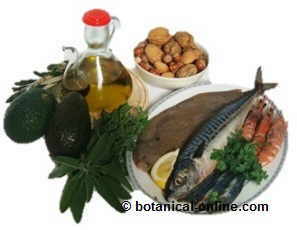
Some studies have concluded that the ingestion of foods rich in Omega-3 may be appropriate for the treatment of depression. Ingestion of these acids can help maintain mental balance and avoid depression or to improve or assist in the treatment of diseases such as schizophrenia.
These essential fatty acids can be obtained from the following sources:
- Oily fish: It contains two types of omega-3 fatty acids: eicosapentaenoic acid (EPA) – sometimes referred to as EPA – and docosahexaenoic acid (DHA) -. Fish oil is the richest in omega-3 fatty acids. (More)
- Plant foods: They contain omega-3 acid called alpha-linolenic acid (ALA), This type of acid must be converted to EPA or DHA by the body to be exploited. In this transformation the body only converts 10% of ALA to EPA or DHA. For this reason fish oil is considered a more direct source and better for the ingestion of this principle. Most plant foods containing these principles are vegetable oils.
The plant food that contains a highest proportion is flaxseed oil. (533 mg per 100 g) followed by canola oil (111mg) or nut (104 mg) Other vegetable oils that contain oil are soybean, wheat germ oil or hazelnut oil.
Other less important plant sources are:
- Purslane (whole plant)
- Lettuce. (Leaves)
- Soy. (Seed)
- Spinach (Plant)
- Strawberries (fruit)
- Cucumber (Fruit)
- Brussels sprouts (Leaves)
- Cabbage (leaves)
- Pineapples (Fruit)
- Almonds (Seeds)
- Walnuts
Omega 3 Supplements
They are another way of eating omega-3 fatty acids for people who do not take it from plant sources or do not eat enough fish. You can take it in the form of capsules containing fish oil, powder oil or flaxseed oil. The most recommended are EPA & DHA fatty acids.
These products can be bought in pharmacies or health food stores.
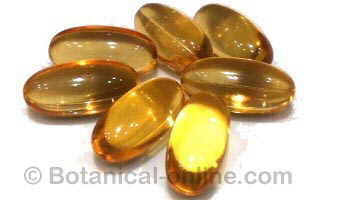
Coffee and depression
Some people feel better when taking coffee acting as anti depressive. Other people feel more anxious when taking caffeine-containing beverages as coffee or colas. You can also experience a mild depression when abandoning the habit of taking coffee.
Alcohol and depression
Alcohol is not suitable for people with depression. It interferes with medication for depression, causes insomnia diminishes the level of glucose in blood, making the depressive people feel worse.
Capsaicin and depression
Capsaicin is the pungent component of chili or cayenne pepper. Ingestion of chili (Capsicum frutescens), a type of hot pepper (Capsicum annuum) or cayenne pepper (ground chilly pepper) boosts morale of the people because it stimulates the production of endorphins, which are commonly known as the ” hormones of happiness”.
Ginger (Zingiber officinale) is also very rich in this component, so some fresh ginger root can also be added to our meals.
![]() More information about depression and its natural treatment.
More information about depression and its natural treatment.

